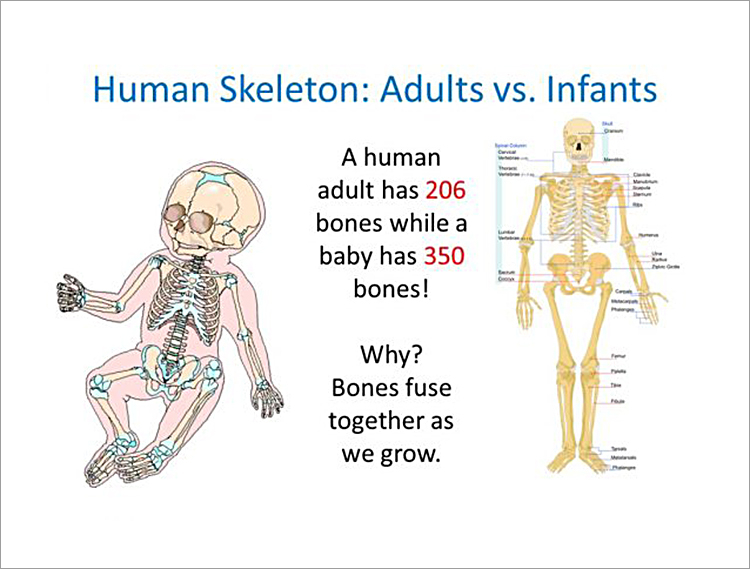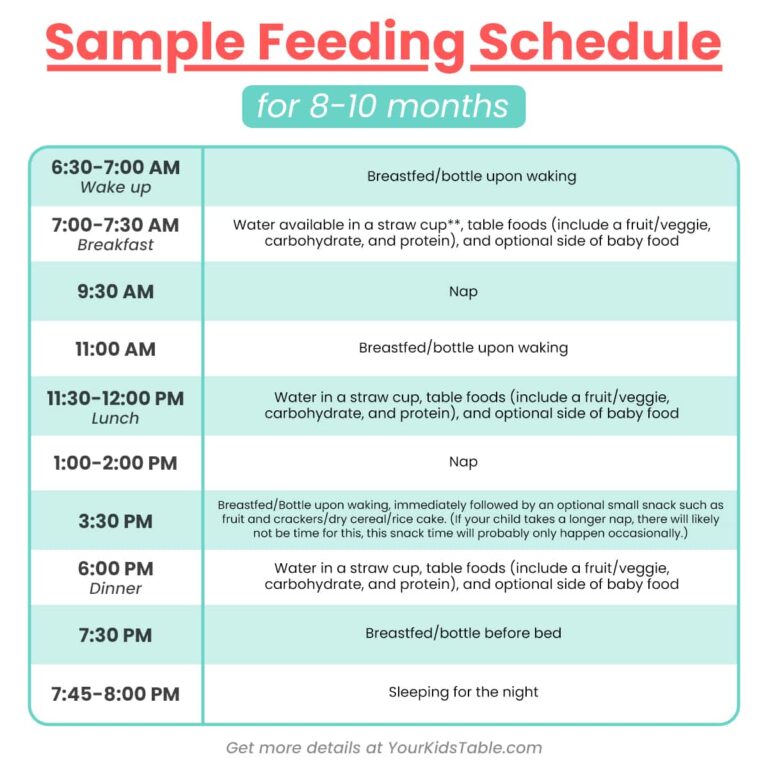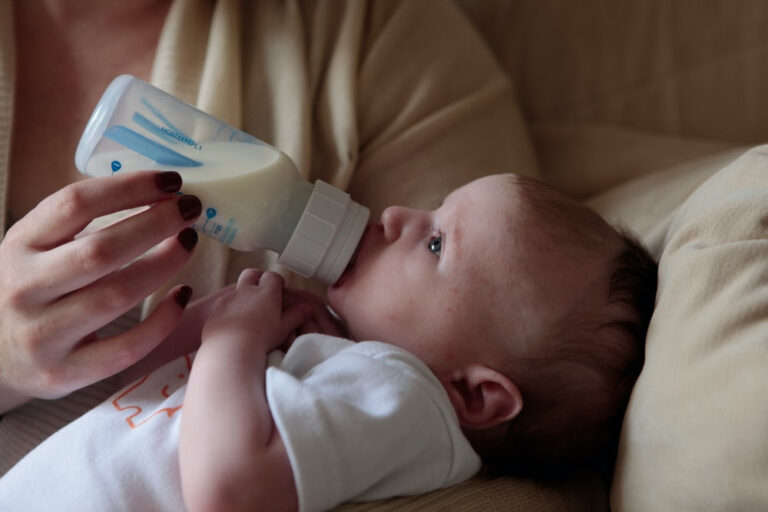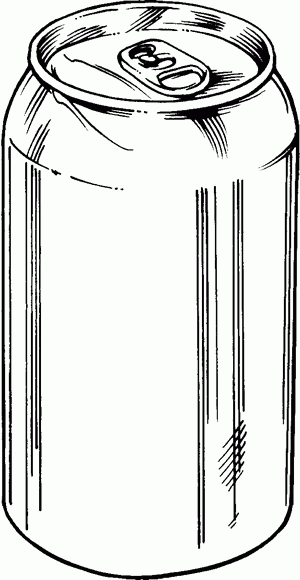How Many Bones In A Baby’s Body: A Detailed Guide
Have you ever wondered how many bones are in a baby’s body? Understanding the skeletal structure of infants is not only fascinating but also essential for their growth and development. In this comprehensive guide, we will delve into the specifics of how many bones a baby has, why it matters, and what you need to know as a parent or caregiver.
Knowledge
When a baby is born, their skeletal system is not fully developed. Babies are born with around 270 bones, but as they grow, some of these bones fuse together. By the time they reach adulthood, the number of bones in their body decreases to around 206. This process of bone fusion is crucial for providing strength and support as the body matures.
In a baby’s body, you will find different types of bones, including long bones, short bones, flat bones, and irregular bones. Long bones, like those in the arms and legs, are responsible for providing structure and support. Short bones, found in the wrists and ankles, contribute to stability and mobility. Flat bones, such as those in the skull and ribs, offer protection to vital organs. Irregular bones, like those in the spine and face, have unique shapes and functions.
Proper bone development is crucial for a baby’s overall health and well-being. Bones provide structure to the body, protect internal organs, store minerals, and support movement. As babies grow and develop, their bones undergo significant changes to adapt to their changing needs. Ensuring that babies receive adequate nutrition, exercise, and medical care is essential for promoting healthy bone development.
Conclusion
In conclusion, understanding how many bones are in a baby’s body is fundamental for parents, caregivers, and healthcare providers. By knowing the basics of skeletal development, you can better support your baby’s growth and ensure their long-term health. Whether you are a new parent or a seasoned caregiver, staying informed about bone development is key to providing the best care for your little ones.
Ultimately, the number of bones in a baby’s body may change as they grow, but the importance of proper bone development remains constant. By prioritizing bone health from an early age, you can set the foundation for a lifetime of strong and healthy bones. Remember, bones are the building blocks of the body, so take care of them, and they will take care of you.






